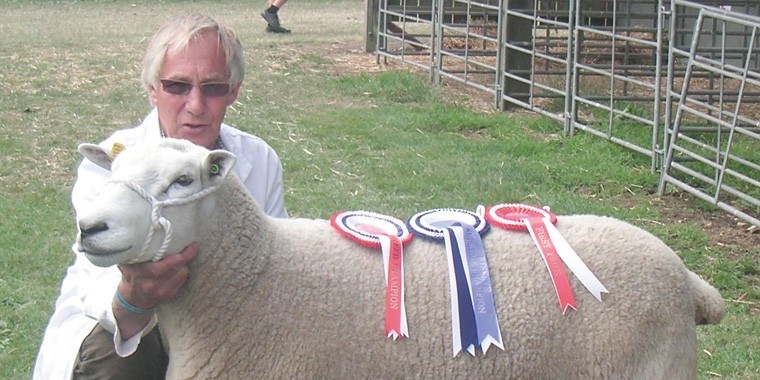It is always good when an article generates a bit of a reaction, which is just what last month’s did.
The gist of that article was not that people in general and certainly not sheep producers were ignorant. That is not something that I would dare to presume, let alone say – although if one took a cross section of sheep farmers I’m sure it is a trait that would be displayed by some. But this would probably be at a significantly lower level than in some other sections of society, but more of that later.
The key thrust was about recognising ignorance, i.e. exploring and addressing those things that we do not know, or should I say about not recognising ignorance – which is, I am sure, a fault that we are all, to varying degrees, guilty of from time to time.
None of us know all there is to know as the depth and breadth of our knowledge will change almost on a daily basis: after all a fact is only a fact until it is proved otherwise. The quintessential point is that we should not close our minds. It is too easy to settle into a routine and do what we do because that is what we have always done.
It is however almost invariably beneficial to step back occasionally and reflect on what we are doing and why we are doing it, a skill that some may find difficult, but a skill that we all need to develop. The conclusion may simply be that the available alternatives provide no significant benefits and what we are doing is absolutely fine, which in itself, is reassuring. But the conclusion may be to the contrary and that we have issues that need to be addressed.
Nobody enjoys change and there is no point in change just for the sake of it. But occasionally circumstances demand change and the next 10 to 15 years will I’m sure present those sorts of conditions – not just once but on several if not numerous instances and we will all need to be prepared to address those occasions as and when they arise.
Recent events surrounding Brexit and ongoing Brexit negotiations serve only to reinforce my view that those engaged need to be open minded, pragmatic and prepared to address change, which brings me back to true ignorance. Transport secretary Chris Grayling’s comments on the Andrew Marr Show demonstrate either an incomprehensible level of naivety, an inconceivable degree of fatuousness or an amazing depth of ignorance.
When pressed on the potential for food prices to increase dramatically in the event of a “no deal” Brexit, Mr Grayling suggested that it would mean that not only would we “buy more food from around the world” but that “British farmers would produce more” to keep food prices down. But where is the incentive for UK producers to “produce more” to keep prices down? This can only happen if there is significant producer support from government, which all the noises coming from Mr Gove would suggest will not be the forthcoming, or certainly not production support.
Such incredulous statements would indicate that Grayling does not begin to have even an elementary grasp of economics, and supply and demand in particular. Supply will respond to changes in price. When prices increase producers are happy to turn on the tap and supply more. When prices fall producers will, in the long term, respond by supplying less.
Grayling’s comments simply confirm that there is no stability nor joined up thinking within the current administration. In spite of the concerns surrounding food prices and stability of supply we don’t even have any meaningful or cohesive food policy from DEFRA. It is a matter of significant concern that these are the “numpties” who are involved in negotiating our exit from the European Union. The negotiations seemingly have no clear direction nor focus and the negotiators seem to be living on a different planet not just to the rest of us, but also to the rest of Europe. Sadly I really do not see that we have any viable alternatives.
On a more positive note, the autumn so far has been very kind to us in general, particularly in the South East. Continued warm weather and occasional rain has ensured a good supply of grass and from what I have seen and heard ewes are going to the tup in good condition. Tupping, for those who have rams in already, is proceeding at a good pace with ewes being covered quickly, with few returns, which hopefully will lead to a nice compact lambing next spring.
Certainly all my pedigrees were covered within the first cycle, the last two being covered on the day I changed the crayon, with no repeats so far (16 days on) in the second cycle. Here’s hoping that this continues for the rest of the tupping season.




